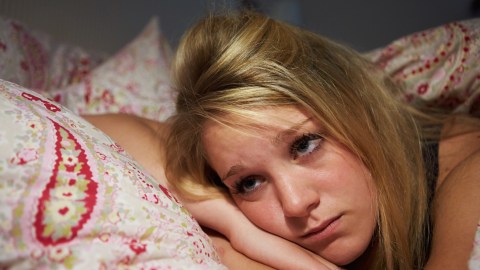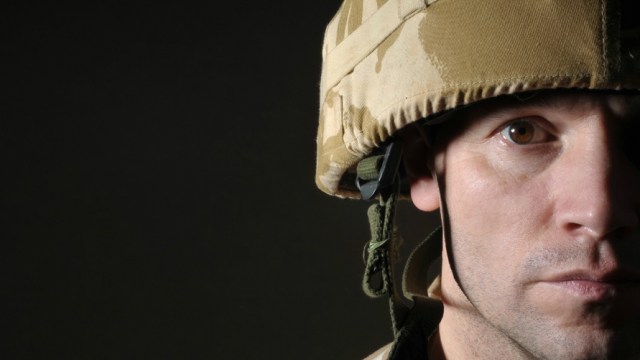Poor Sleep in Teens May be an Early Predictor for Alcohol Abuse

Lack of sleep has been linked to a myriad of mental and emotional issues—people have been known to experience disorientation and hallucinations when going days without sleep. But Smitha Mundasad from the BBC reported on a recent study that has found sleep can be a predictor of future behavior in teens. Those that have a particularly troublesome time dozing off are more likely to develop alcohol and drug problems.
The study was published in the journal Alcoholism: Clinical and Experimental Research. Researchers took data from 6,500 adolescences from the United States that was attained from a survey conducted three times between 1994 and 2002. The survey tracked sleep patterns, and drug and alcohol consumption.
The data points revealed that teens who said they slept poorly at least once a week at the start of the survey were more likely to develop a drinking habit and engage in drug use. Researchers found the worse the sleep, the more teens’ odds rose. For those that had difficulty falling asleep every night, their odds of developing an alcohol addiction rose to 33 percent.
Professor Maria Wong from Idaho State University led the project, and told the BBC:
“Most of the time we don’t think sleep is important. But our results show sleep is a good marker of some serious later problems.”
“A lot of parents don’t monitor their adolescents’ sleep schedules and let them make their own decisions about when to go to bed.”
This study makes a strong case for getting tablets and other electronic devices out of teens’ bedrooms, as they have been known to cause disruptions in sleep patterns. The CDC recommends teens get between 9 to 10 hours of sleep each day.
Read more at BBC
Photo Credit: Shutterstock





